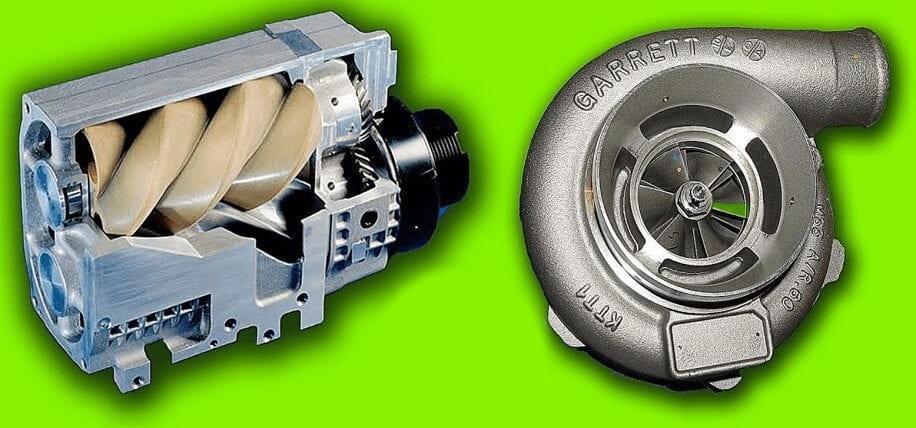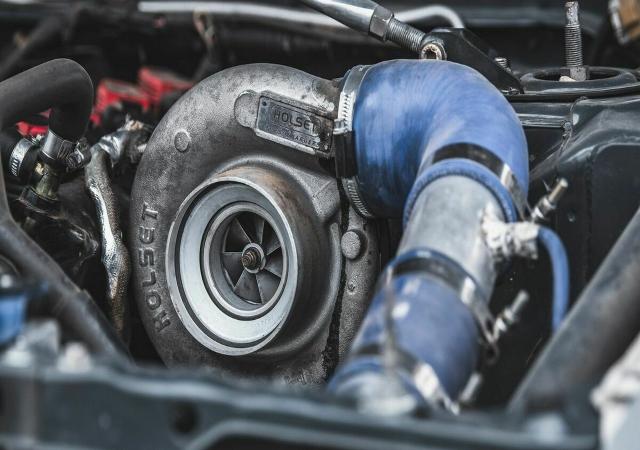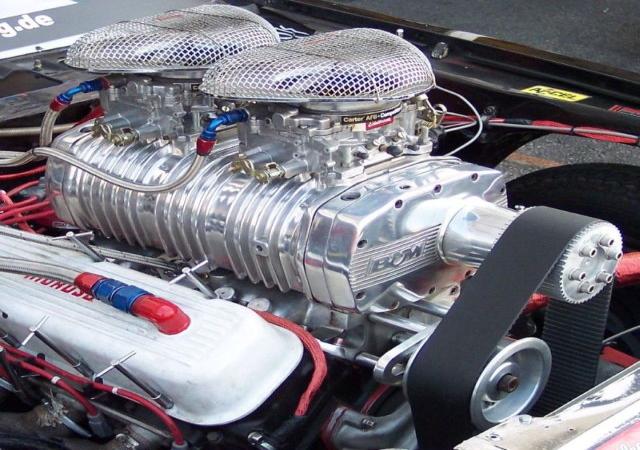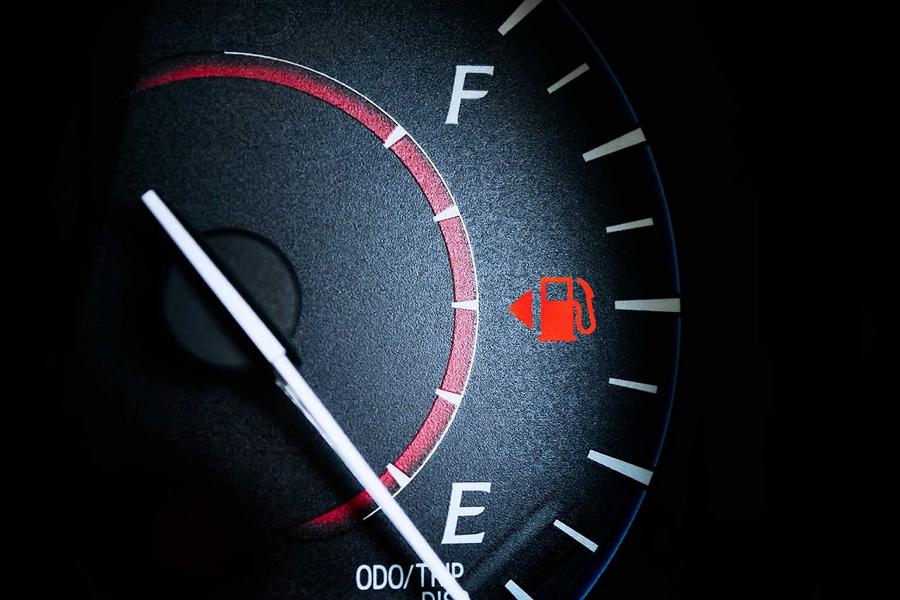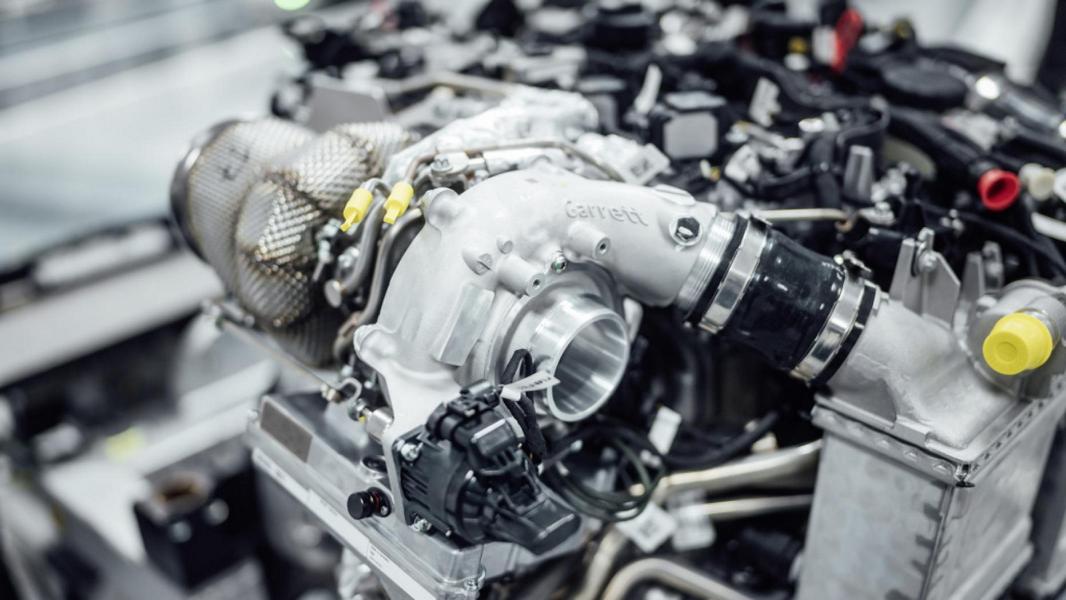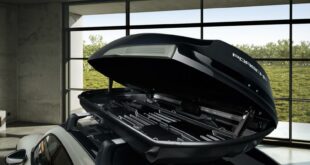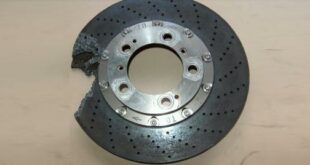Due to the clear superiority of turbocharged engines, V8 and V12 engines, especially those that are purely naturally aspirated, are rarely used. Hardly any manufacturer currently has pure naturally aspirated engines in their range. Vehicles like that Pagani Huayra, Lexus IS 500 F. or the Lamborghini Huracán are becoming more and more exotic. The next generations of these cars are very likely to become one supercharged engine receive. In principle, turbocharged engines can be divided into two types - the Compressor motors and Turbo engines. The latter is also known as an exhaust gas turbocharger (ATL).
How it works - turbo / compressor
The two engines differ in terms of their charging. Both engines will be charged when charging Air compresses and then transported into the engine. Compared to engines without supercharging, the significantly higher proportion of oxygen ensures a higher performance. However, the compressor and the turbocharger are different. In the case of a compressor, the air is blown into the engine, causing the engine over a strap is driven mechanically.
On the other hand, the Exhaust gas flow used to drive the compressor and the turbine. In this way the impeller is driven, which means that significantly more air is blown into the motor. Since vehicles with compressors have similar driving characteristics as vehicles with large displacement, many prefer the compressor. A turbocharger works in spite of the reaction delay, which is less and less noticeable, more efficient.
Turbo and Biturbo
Turbo engines and bi-turbo engines, also known as twin-turbo engines, differ in that one BiTurbo two turbochargers are installed. A smaller turbocharger usually supports a larger turbocharger here. The smaller turbocharger supports the larger one in the turbo lag, i.e. in the lower speed range.
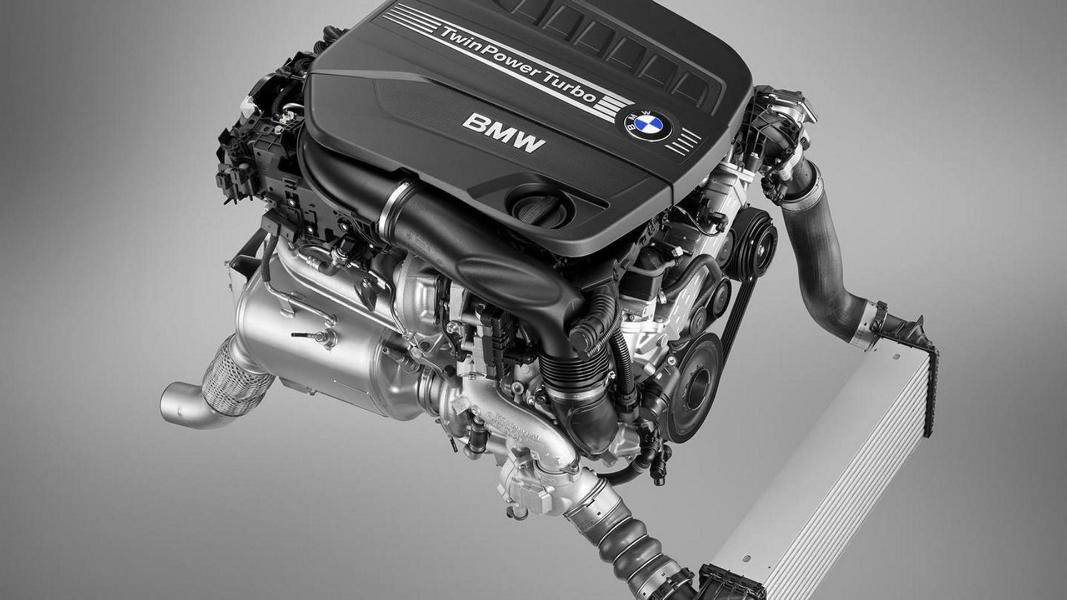
This ensures that enough torque is generated even at lower engine speeds to accelerate without having to fully depress the accelerator pedal. But there are also those triple Turbo charging, for example for the M Performance diesel engine from BMW, and the in-line six-cylinder turbodiesel from the 750d xDrive and the 5 Series, X5, X6 and X7 even had four turbochargers installed.
Turbo and compressor consumption
The two variants differ fundamentally in the response delay. The turbocharger needs a certain amount of time to generate enough pressure and waste heat. The compressor, on the other hand, works with the number of revolutions of the motor. As a result, the vehicle with a compressor has a better responsivenessthan is the case with vehicles with turbochargers. The plus in performance is immediately apparent when the accelerator pedal is pressed. However, since a compressor works with its own engine power, it also consumes a little more than a turbocharger.
Turbocharger vs. compressor
The automotive industry clearly relies on that turbocharger. Since he is a higher efficiency than the compressor, there are more alternatives for the future. Larger motors can be replaced by more environmentally friendly and smaller motors with identical or even more power. The turbo engines offer a higher torque with the same power. The process is known as "downsizing" and is currently used by most large-scale manufacturers. The result is lower fuel consumption.
Electrically charged engines
The automotive industry can no longer ignore the issue of environmental protection. Here is the keyword electrical charge. For example, engines that are equipped with a turbocharger are also equipped with a compressor, which is electrically powered, Mistake. This means that additional torque can be generated in the lower speed range. In this way, the "turbo lag" is plugged and the engines work even more efficiently.
Turbocharger or compressor
The automotive industry clearly favors the turbocharger. This is primarily due to its higher power output and its better efficiency. However, turbochargers are also controversial. Turbos don't work better in all speed ranges. They only consume less in the low to medium speed range. High speeds can be expensive. And depending on the model, brand and mileage, the technology can be vulnerable. However, which variant is suitable for a purchase depends on your own preferences. Here it is important to weigh up whether the focus should be on driving pleasure or efficiency. What not should mean that a supercharged engine is no fun! Here are a few standard vehicles with turbo engines and superchargers.
| supercharged engine | Turbo engine |
Advantages and disadvantages of the turbo
A turbocharger only really works at high speeds effective. In addition, there is one delay between depressing the accelerator and the time it takes to increase engine power significantly. Its lifespan is also sometimes quite short. Engine oil is used to lower the operating temperature. So he has a higher oil consumption. Maintenance and any repairs are also usually relatively expensive. On the positive side, the turbocharger with the same performance less consumed, the CO2 emissions are lower and the power output is higher.
Advantages and disadvantages of the compressor
The compressor has an efficient air supply. This increases the performance. In addition, it has a robust construction. The operating temperature rises only slightly during operation. In addition, a compressor consumes little oil, so there is no need to refill. Another positive aspect is its low maintenance requirements. Also there is no "delay" so that the performance immediately can be increased as soon as the crankshaft drives the compressor. This is how the compressor works effectively even at lower speeds. However, there are also disadvantages. In this way, the compressor consumes more fuel and generates a high level of noise.
Of course, that wasn't the end of it!
tuningblog has countless other articles on the subject of car and auto tuning in stock. Do you want to see them all? Just click HERE and look around. In part, we would like to provide you with news but also off the tuning. In our category Tips, products, information & Co We have reviews of car or accessories manufacturers, new ones Tuning Wiki Terms or one or the other Leak veröffentlicht. Following an excerpt of the last articles:
"Tuningblog.eu" - we keep you up to date on the subject of car tuning and car styling with our tuning magazine and we present you the latest tuned vehicles from all over the world every day. It's best to subscribe to ours Feed and will automatically be informed as soon as there is something new about this post, and of course also to all other contributions.
 tuningblog.eu Your magazine about tuning the car
tuningblog.eu Your magazine about tuning the car
